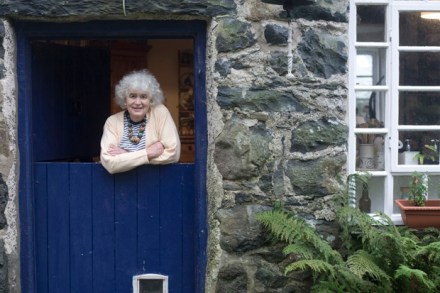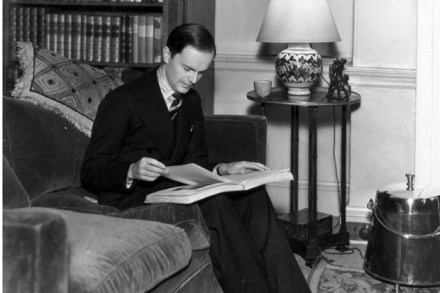Tormented genius
Married as I am to an antiquarian book dealer, and living in a house infested with books and manuscripts, I’m constantly having to edit my own little library so as to be able to breathe. But three volumes have survived successive culls — Pax Britannica, Heaven’s Command and Farewell the Trumpets — Jan (or James as she was when these books were written) Morris’s trilogy about the British empire. It is, Morris says, ‘the intellectual and artistic centrepiece of my life’, and it opens on the morning of 22 June 1897 with Queen Victoria visiting the telegraph room at Buckingham Palace on the occasion of her Diamond Jubilee. She was,





















